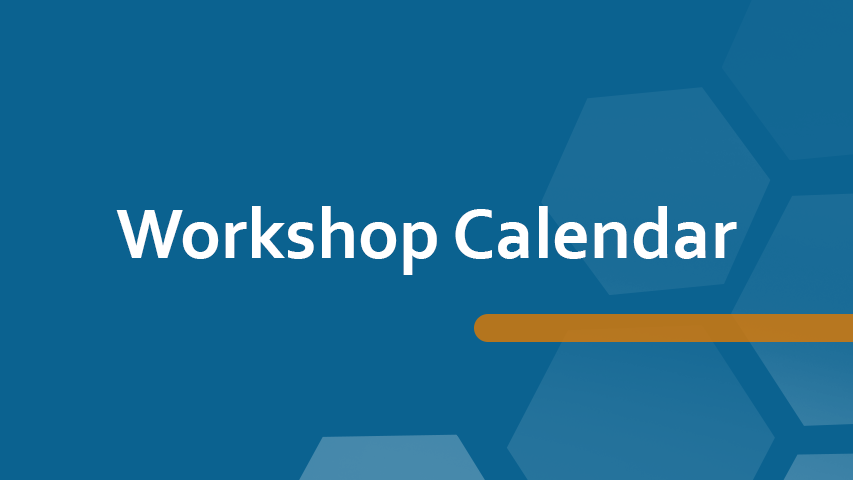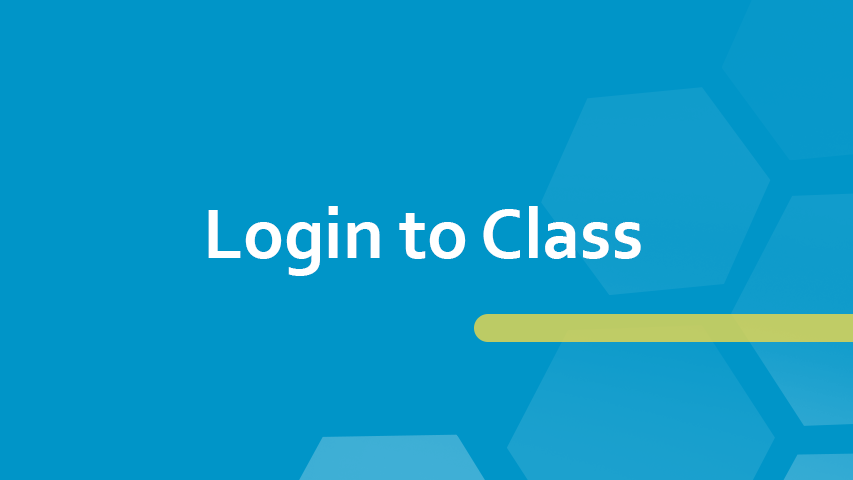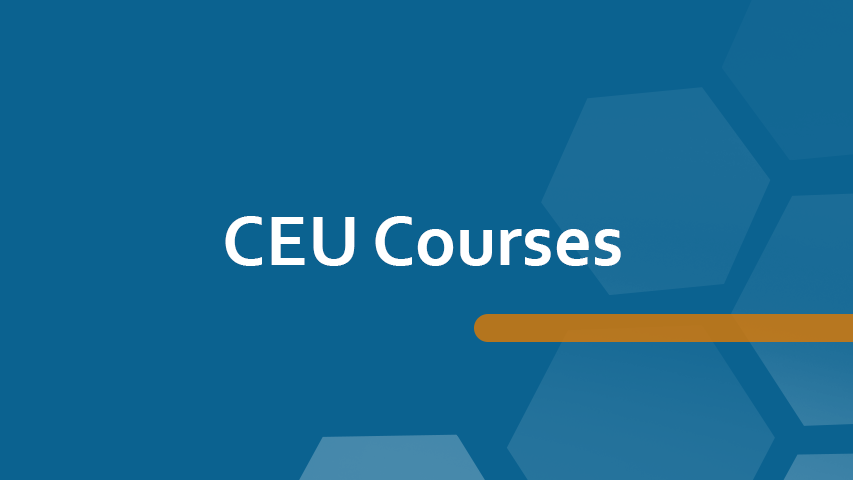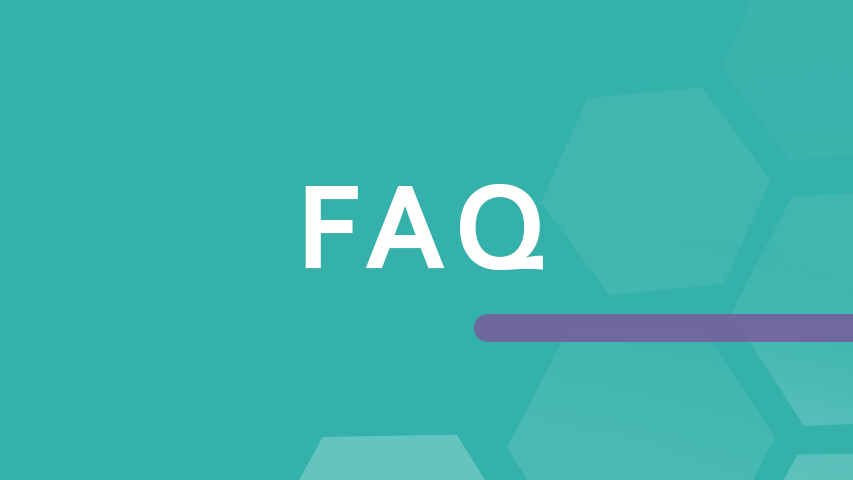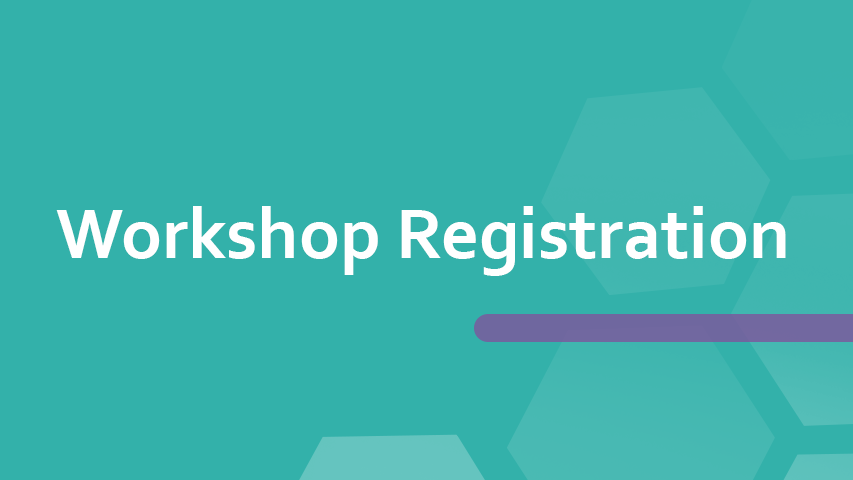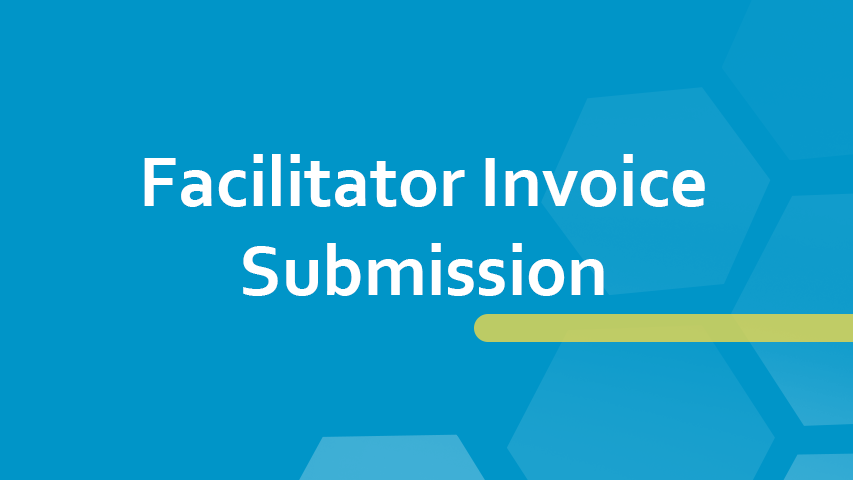
MPB e-Learning Options to Address Domain I: Lesson Design
1101: K-2 Numeracy with Developmentally Appropriate Practices (DAP)
This course explores several early learning (grades K-2) elementary math topics using developmentally appropriate practices as the elemental instructional support resource. This course advances through four (4) Instructional Modules that begin with Week #1 and end with Week #4 including topics such as integrating numeracy concepts, using data to drive instructional practices, utilizing developmentally appropriate practices (DAP) during math instruction, and application of concepts and learnings. The course requires the use of Mississippi Department of Education resources such as scaffolding documents, model lessons, and instructional planning guides to support best instructional practices in mathematics. Weekly Learning Paths include readings, explanation videos, application of learning, and weekly reflections.
1102: 3-8 Intermediate& Middle-Level Math with Standards for Mathematical Practices (SMP)
This course explores intermediate (grades 3-5) and middle school (grades 6-8) math topics using the standards for mathematical practices as the elemental instructional support resource. This course advances through four (4) Instructional Modules that begin with Week #1 and end with Week #4 including topics such as implementing the standards for mathematical practices (SMP), using data to drive instructional practices, and application of concepts and learnings. The course requires the use of Mississippi Department of Education resources such as scaffolding documents, model lessons, and instructional planning guides to support best instructional practices in mathematics. Weekly Learning Paths include readings, explanation videos, application of learning, discussion tasks, performance tasks, and weekly reflections.
1201: Introduction to the Science of Reading 5-12
This course is designed to introduce secondary (5-12) teachers to The Science of Reading, the literacy initiative adopted by the Mississippi Department of Education. The course aims to assist secondary teachers in effectively adapting lessons to meet the needs of every reader – struggling or proficient – in their classroom. Participants will explore creative teaching strategies that support The Science of Reading. Teachers will be asked to try some of the strategies in their classroom, document the experiences, then discuss the pros and cons with other learners in weekly discussions.
1202: ELA-Following the MAAP & Beyond
All teachers want to see their students be successful throughout the year and on year-end assessments. In their success, we can celebrate that learning has occurred, which is the ultimate goal in education! The primary focus when it comes to the year-end assessment of our students in Mississippi is the Mississippi Assessment Program (MAP). In this workshop, participants will learn to access, understand, and interpret available MAP English and Language Arts resources. Instruction and resources will be provided to help participants be able to better prepare their students for answering closed-ended, open-ended, and performance task items by developing, adjusting, and evaluating lessons, units, and assessments to be comparable to MAP testing. Finally, participants will be instructed how to locate and synthesize various text forms and genres and be provided with multiple suggestions for differentiating instruction in the ELA classroom.
1202: ELA-Following the MAAP & Beyond
All teachers want to see their students be successful throughout the year and on year-end assessments. In their success, we can celebrate that learning has occurred, which is the ultimate goal in education! The primary focus when it comes to the year-end assessment of our students in Mississippi is the Mississippi Academic Assessment Program (MAAP). In this workshop, participants will learn to access, understand, and interpret available MAAP English and Language Arts resources. Instruction and resources will be provided to help participants be able to better prepare their students for answering closed-ended, open-ended, and performance task items by developing, adjusting, and evaluating lessons, units, and assessments to be comparable to MAAP testing. Finally, participants will be given instruction on how to locate and synthesize various text forms and genres and be provided with multiple suggestions for differentiating instruction in the ELA classroom.
1203: Writing Across the Curriculum
This course is designed for K – 12 classroom teachers who share a responsibility for helping their students become successful writers. Writing allows students to develop critical and creative thinking skills in every subject area. This course will assist you in developing techniques to teach and assess writing in all areas of the curriculum.
By the end of this workshop, participants will understand:
- How to use writing as a learning tool in all content areas
- How writing can build critical thinking skills
- How to incorporate technology with content area writing
- Evaluation methods for content area writing
1500: How to Incorporate Technology/PBS Learning Media
The How to Incorporate Technology in the Classroom with PBS Learning Media course is designed to help educators in PreK–12 settings to effectively integrate technology into their teaching practices using the vast array of free educational resources provided by PBS LearningMedia. The course aims to equip teachers with the knowledge and skills to leverage digital media effectively, making their classroom instruction more relevant, engaging, and inclusive while fostering equitable learning opportunities for all students. The course "How to Incorporate Technology in the Classroom with PBS Learning Media" offers educators a comprehensive understanding of the platform and its features, guiding them through the registration process and setting up accounts for educators and students. Participants learn to navigate the extensive library of free educational resources while exploring the research-backed benefits of technology integration in education. They examine effective practices for incorporating digital media into lesson plans, adapting teaching methods to create meaningful learning experiences with digital resources. The course emphasizes leveraging PBS LearningMedia's diverse content to design engaging lessons, utilizing multimedia creation tools, and integrating interactive elements and assessments into lessons. Educators are encouraged to identify and select resources representing diverse perspectives and cultures, ensuring inclusivity and representation in learning materials.
1550: Introduction to Artificial Intelligence
Welcome to your future classroom! In this e-learning course, you’ll explore how artificial intelligence (AI) shows up in everyday life and education, understand foundational concepts, and get hands-on practice using AI tools that can save you time, enhance instruction, and spark creativity. You’ll also lead age-appropriate discussions on ethics, bias, and data privacy. By the end, you’ll walk away with confidence in AI and a concrete action plan for bringing AI literacy to your students.
1600: Incorporating Virtual Labs into the Class
This professional development course introduces teachers to virtual labs, highlighting their benefits for student engagement and learning. Participants will explore a variety of lab platforms, watch instructional videos, read supporting articles, and practice integrating these tools into lesson plans. By the end of the course, teachers will be equipped with strategies and resources to effectively incorporate virtual labs into their own classrooms.
1700: Buttons to Brilliance
Designed for today’s educators, this engaging professional learning experience empowers teachers to transform instruction using the Desmos graphing calculator and the TI-84 Plus. Through interactive lessons, real-world applications, and hands-on exploration, participants will discover how to make technology a tool for deeper mathematical thinking – not a barrier. Whether you’re new to classroom tech or looking to refine your skills, Buttons to Brilliance will help you turn calculator “buttons” into moments of student brilliance.
1901: Fit, Healthy, & Ready to Succeed: Incorporating Positive Health Strategies in the Classroom
In November of 2021, the Mississippi Legislature revised the Healthy Hunger-Free Kids Act that required every local school to establish a local wellness policy based on the 2014 MS Public School Accountability Standard 17.5.1. The law places the responsibility of developing a school wellness policy at the local level, so the needs of each school can be addressed most effectively. This four-week online course is designed to equip teachers and physical education instructors with the skills and knowledge necessary to implement some components of the wellness policy in the classroom or any school setting. In this course, participants will engage in a variety of activities and readings that focus on nutrition promotion and education, physical activity, and other school-based activities that promote student wellness.
MPB e-Learning Options to Address Domain II: Student Understanding
2101: Teaching the Struggling Reader
This class focuses on reviewing strategies and investigating ourselves, as educators, to better understand both what we know and how to improve the implementation of assessments and evaluations. The course will briefly investigate the micro-science of test construction and how to help students with test-taking success.
2201: Best Practices for Differentiated Instruction in K-12 Classrooms
This workshop is designed to assist K – 12 teachers in effectively adapting lessons to meet the needs of a diverse group of learners. Participants will explore creative teaching strategies and assessments that support differentiated instruction and become familiar with strategies for managing a DI classroom. Teachers are encouraged to try some of the strategies in their classroom and discuss pros and cons with other learners in weekly discussions. By the end of this workshop, participants will understand:
- Strategies that support DI.
- Become familiar with strategies for managing a DI classroom.
- How to develop a final product that incorporates DI strategies to meet the needs of learners.
MPB e-Learning Options to Address Domain III: Culture & Environment
3102: Classroom Management Tips and Techniques
As educators, we learn theories and philosophies about classroom management but seldom learn practical methods for effective management. Classroom management involves a positive classroom environment, appropriate standards of behavior for students, student engagement, and effective management of routines and transitions. Establishing daily routines early in the school year is essential to effective classroom management. This workshop is intended to give teachers a practical guide to classroom management.
3200: Integrating Visual Arts in the K-12 Curriculum
The purpose of this course is to help elementary educators develop arts-integrated lessons aligned with state and national content standards. It was developed as part of a partnership among the Mississippi Department of Education, Mississippi Public Broadcasting, and the Mississippi Museum of Art to further the arts in education.
This four-week asynchronous online course will guide instructors in designing units of study enhanced through visual and performing arts activities and resources to boost student interest and performance. Arts-infused teaching and assessment strategies will be presented for all disciplines, specifically language arts, social studies, math, and science. The course will also offer a variety of free online arts resources for classroom use.
3300: Teacher Wellness and Burnout Prevention
This course is designed to help educators prioritize their well-being, manage stress, and build sustainable practices for a balanced professional and personal life. Participants will explore strategies for self-care, mindfulness, emotional regulation, and setting healthy boundaries to prevent burnout and enhance classroom effectiveness. Through reflective activities, practical tools, and collaborative discussions, teachers will leave with a personalized wellness plan that supports long-term resilience and joy in their work.
MPB e-Learning Options to Address Domain IV: Professional Responsibility
4101: Diving into Dyslexia
Recognizing the reasons for students who experience challenges in reading may be somewhat disconcerting without sufficient understanding. This course will provide a comprehensive overview of dyslexia that includes brain research, screening/diagnostics for dyslexia, Mississippi Dyslexia Law, and treatment. Comorbid disabilities that are commonly seen in individuals with dyslexia will be explained, as well as the roles of the parent, classroom teacher, and administrator. Applied learning assignments will reinforce the information to promote a better understanding of this common learning disability that affects reading.
4201: Teaching Children with Mental and Behavioral Issues
This workshop is designed to assist K- 12 teachers, specialists, and counselors in effectively meeting the emotional, social, and academic needs of a diverse group of learners. Participants will explore differences in behavior and learning, the possible causes and techniques for helping students with differences optimize productivity in school. Creative teaching strategies and discipline tactics assist teachers in managing a classroom filled with varied personalities and needs. Teachers are encouraged to try some of the strategies in their classroom and discuss pros and cons with other learners in weekly discussions.
4301: Got Data! So What? Now What?
Ever since the inception of No Child Left Behind, there has been a broad focus on collecting data. The question is, now we have an abundance of data, so what? It seems that there is an intense focus on the percentage of students scoring proficient, yet a deep uncertainty among many teachers as to what else needs to be examined. Collecting the data is only a small piece of the puzzle. Yes, we must celebrate the students who are succeeding, but we must pay special attention to understanding why the others demonstrate more limited success. This course provides a stepwise approach to managing and evaluating ALL the other data and designing an effective plan for supporting the progress of the rest of the students in moving toward success.
Assessing the Design – Were assessment items presented in the same ways that students were accustomed to experiencing, or were students missing the point rather than failing to understand the algorithm or concept at hand? This gap might signal a need to revise the ways of assessment in the teacher-made instruments to better align with benchmark and MAAP methods of assessing.
Distinguishing the Algorithm from the Concept – Are students understanding how to work the basic math, but failing to understand when to use it? This gap probably means they need more practice with visualizing the concept in application.
Differentiation of Instruction – Has instruction been delivered in multiple ways to meet the variety of learning styles and performance levels represented? If not, reviewing it in the same way is unlikely to provide different results; louder and harder is not the recommended strategy.
4400: Teacher Leadership Development
This course equips educators with the skills, knowledge, and confidence to lead from the classroom and beyond. Participants will examine the principles of teacher leadership, explore effective communication and collaboration strategies, and learn how to influence positive change in their schools and communities. Through practical application and leadership development frameworks, teachers will refine their ability to mentor peers, shape instructional practices, and contribute meaningfully to school improvement initiatives.
4500: Introduction to Mississippi’s Multi-Tiered Systems of Support ~ MTSS
MTSS stands for Multi-Tiered System of Supports. It's a framework used in schools to provide targeted support to students who are struggling academically or behaviorally. The goal of MTSS is to intervene early so students can catch up with their peers. Gain a full understanding of the basic roles and responsibilities of the MTSS team to implement the three tiers, some recommended strategies for intervention, and expectations for documenting the process: Tier 1: Universal Instruction and support for all students, Tier 2: Targeted Interventions for students who need additional help, Tier 3: Intensive, individualized support for students with significant needs.
4501: Special Education Inclusion
Special Education Inclusion is a four-week course designed for General Education and Special Education Instructors grades K-12, as well as Administrators. The course is designed to provide a basis for K-12 teachers and administrators to collaborate on understanding the best practices for integrating students with disabilities into the regular education classroom by defining key concepts in relation to Special Education Inclusion.
